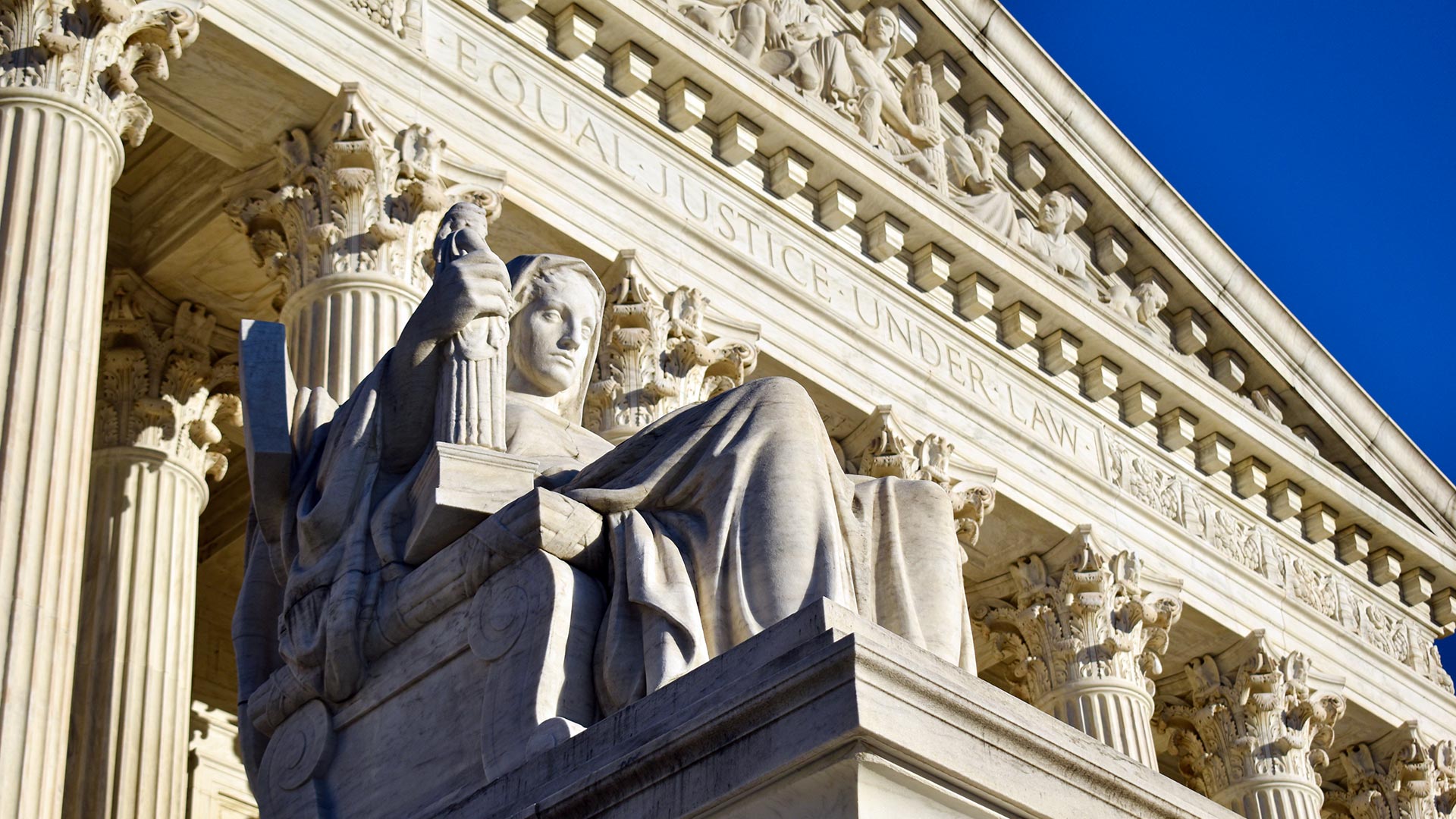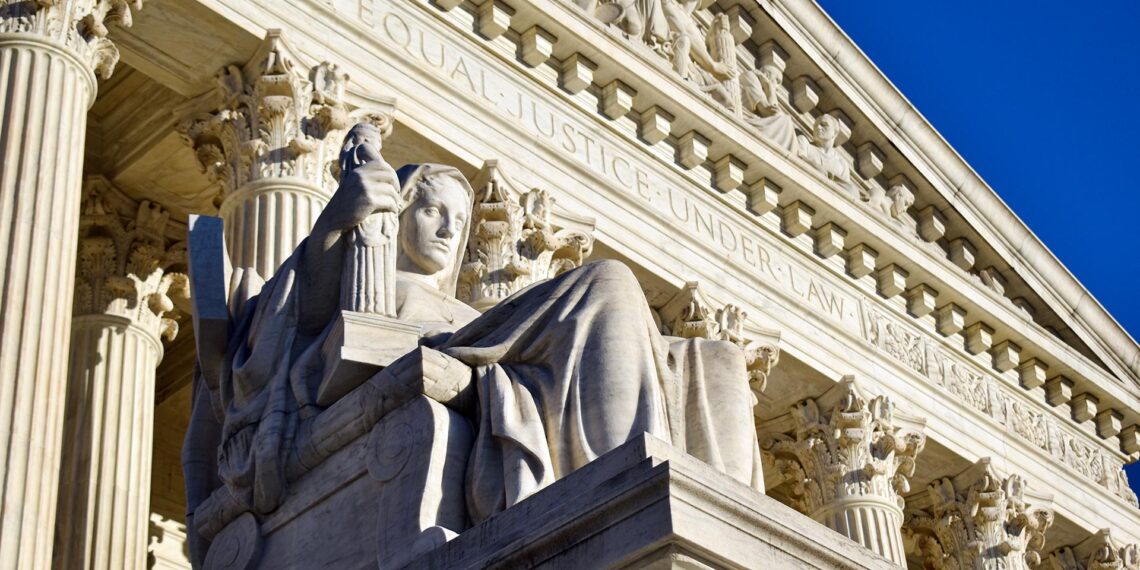[ad_1]

The Supreme Court on November 20 declined to hear the appeal of former Minneapolis police officer Derek Chauvin, who was seeking to overturn his conviction for second-degree murder in the killing of George Floyd.
The decision leaves intact the state court rulings that affirmed Chauvin’s conviction and the 22 1/2-year sentence he received.
Chauvin’s legal team had argued that their client was denied a fair trial in 2021 due to pretrial publicity and concerns about potential violence in the event of an acquittal. They contended that jurors might have been influenced against acquitting Chauvin out of fear of sparking further protests and civil unrest.
His lawyers also argued that the state district court had erred in denying Chauvin’s request for a change of venue, citing “pervasive adverse publicity.”
The Supreme Court’s decision to reject Chauvin’s appeal was made without comment or a recorded vote.
George Floyd was killed on May 25, 2020, after Chauvin pressed his knee on his neck for more than nine minutes outside a convenience store.
A bystander’s video captured Floyd’s desperate cries of “I can’t breathe,” leading to widespread protests and a global movement against police brutality and racism.
Chauvin’s conviction marked a pivotal moment in the ongoing national reckoning over racial injustice and excessive use of force by law enforcement.
The trial garnered immense public attention, with Chauvin becoming a symbol of the systemic problems within the criminal justice system.
Notably, this decision by the Supreme Court does not conclude Chauvin’s legal battles. He is separately appealing his conviction on federal civil rights charges.
In that case, Chauvin pleaded guilty to two charges related to violating the civil rights of Floyd and a 14-year-old during a separate 2017 arrest, where excessive force was used in both encounters. For these federal convictions, Chauvin received a 21-year prison sentence.
[ad_2]




